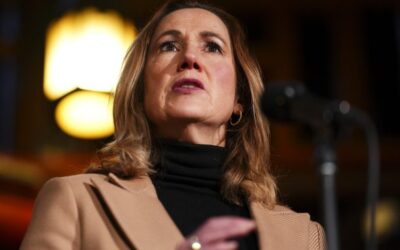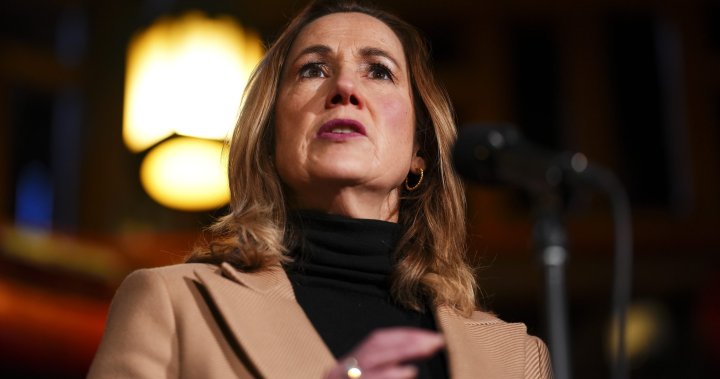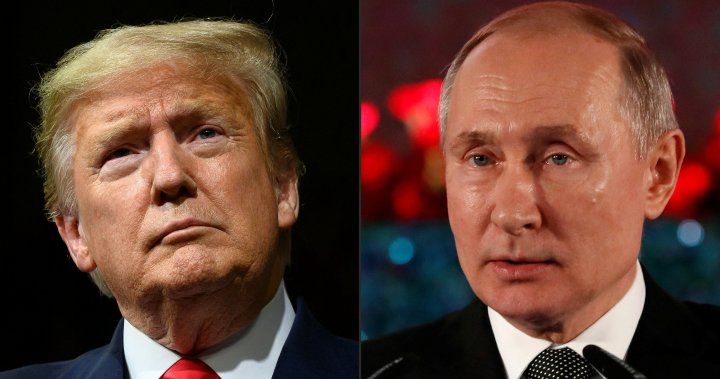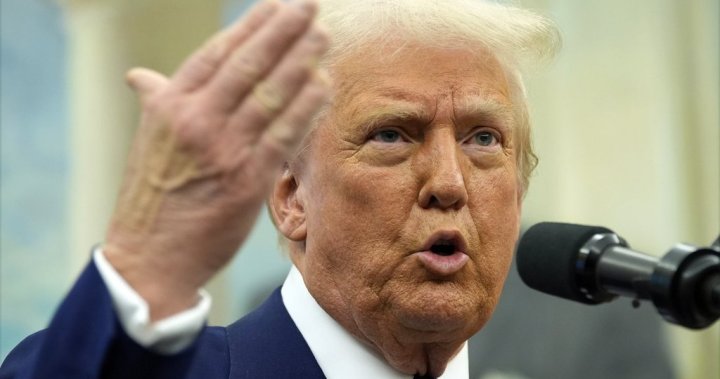UnitedHealthcare CEO killing sparks flood of ‘anti-elitist’ rage. Why? – National

The killing of UnitedHealthcare CEO Brian Thompson appears to have added fresh fuel to already tense discourse online about wealth, the role of corporations in American health care and power in society.
Thompson, 50, was in New York City for an investor conference, where he was shot dead by a masked assailant.
Days later, the gunman’s whereabouts and identity remained unknown as did the reason for the killing. New York City police say evidence firmly points to it being a targeted attack.
Steven Downing, associate professor of criminology and media at Ontario Tech University, said some posts were celebratory in nature and that reactions may reflect people’s frustration with the health insurance industry in the United States.
A thread on a Reddit community, inviting people to share their worst experiences with UnitedHealthcare, drew hundreds of comments, mostly negative, and over a thousand upvotes.
“There seems to be some effect here where people are sharing their own narratives,” Downing said. “People are strangely bonding over this.”

Social media users reacted to the killing, with the term ‘CEOs’ trending on the social media website X.
“I’ve seen very little sort of post being sympathetic to the victim,” Downing said. “Certainly, there is an anti-elitist sentiment that we’re seeing here.”
Downing said that while this is a tragedy for those who knew Thompson, the social media reaction indicates a broader anti-elite social sentiment.
He said there are also posts “valourizing” the shooter.
“I saw a tweet specifically mentioning Robin Hood. The parallels are not exact, but there is this class element embedded in that, like an us versus them,” he said.
The shooting has shaken corporate America and the health insurance industry in particular, causing companies to reevaluate security plans and delete photos and biographies of executives from their websites, the Associated Press reported.

Get daily National news
Get the day’s top news, political, economic, and current affairs headlines, delivered to your inbox once a day.
A different Minnesota-based health care company said Friday it was temporarily closing its offices out of an abundance of caution, telling employees to work from home.
UnitedHealthcare is a multinational health insurance and services company and is the largest insurer in the United States.
In 2023, Thompson earned a total compensation of $10.2 million, according to a disclosure by UnitedHealth Group. It included his annual salary, bonus and stock option awards.
UnitedHealthcare brought in $281 billion in revenue last year.
The killing has come amid growing tensions and anger as income inequality remains a persistent challenge, and after the U.S. election saw conversations around health care and the further privatization of insurance and care access in the spotlight.
Caitlin Slavens, an Alberta-based psychologist, said posts valourizing a killer may not be a genuine endorsement of violence, but may reflect misplaced anger or desperation.
“In this case, the shooter may symbolize rebellion against a system people feel has failed them — like health care or insurance industries. For some, it’s easier to justify or glorify such actions than to sit with the helplessness or rage they feel toward those larger systems,” she said.
Amie Grant, a therapist based in Cleveland, Ohio, said prolonged exposure to an oppressive system or situation – like being denied life-saving care – can lead to people’s collective frustrations boiling over into extreme narratives. Social media offers an easy space for people to vent.
“Social media amplifies these feelings by creating echo chambers where resentment can turn into dark humor or misplaced validation,” she said.
Grant said growing income-inequality, stagnant wages and rising prices have led to a growing collective anger.

“Online spaces provide a fertile ground for these feelings to take root, often through humor, memes, and dark satire that make complex issues more accessible. Social media acts as a pressure valve, allowing people to articulate their frustrations in ways that feel both rebellious and communal,” she said.
Feeling powerless in the face of large corporations can feel dehumanizing, Slavens said.
Sharing those experiences online can be cathartic for some.
“Sharing personal stories, especially about struggles with insurance companies, can be incredibly validating. It allows people to feel seen and heard while connecting with others who have faced similar experiences,” Slavens said.
“For some, it’s a way to reclaim power over a situation that feels dehumanizing, turning their pain into a call for systemic change.”
Matthew Polacko, a postdoctoral research fellow at the University of Toronto whose work focuses on the effects of income inequality on political behaviour, said anti-elite sentiments are not limited to the United States.
Canada, too, has seen simmering anger since the pandemic.
“It’s definitely on the rise, this dissatisfaction with billionaires, in Canada with grocery stores and the rising prices. There is this perception of collusion on their part,” he said.
Where that anger goes next remains unclear.
Downing said these sentiments could well snowball into populist political movements in the future.
“There’s a movement towards populist sentiments,” he said. “If you look at Occupy Wall Street, there were analogous or simultaneous movements in Canada. I do think there will be (more such movements in the future).”
Polacko said it’s unlikely that more violence will follow this incident.
“This is more of an isolated incident,” he said, “I don’t think we have to worry about more violence happening here (in Canada). I don’t think this is likely to keep happening.”








